It is not possible to find harmony in everything, especially when you are in a relationship. Whatever problems arise in a romantic relationship, it’s important to face them together as a couple. Psychologists believe that having conflicts is healthy for all types of relationships only if it can be resolved afterward in a healthy way.
Are you and your partner locking horns more than usual? Maybe, it’s time to consider a few effective blueprints for managing and resolving your conflict in relationships as unresolved conflict can lead to resentment and additional conflicts.
In The Seven Principles for Making Marriage Work, Dr. John Gottman’s research proves that 69% of problems in a relationship are unsolvable. These may be things like personality traits your partner has that rub you the wrong way, or long-standing issues around spending and saving money. Their research findings emphasize the idea that couples must learn to manage conflict rather than avoid or attempt to eliminate it.
Trying to solve unsolvable problems is counterproductive, and no couple will ever completely eliminate them. However, discussing them is constructive and provides a positive opportunity for understanding and growth. Let’s look at three “conflict blueprints” to help you and your partner constructively manage conflict around unsolvable problems.
Conflict Blueprint 1: Current Conflicts
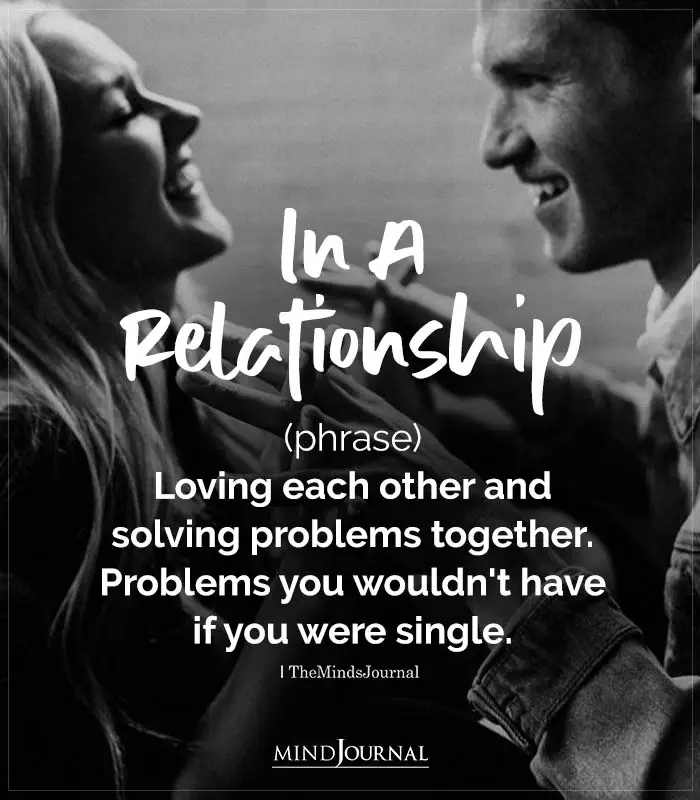
This blueprint addresses current conflicts. Based on game theory, a mathematical model that describes how to manage conflict and improve cooperation with others, this blueprint stresses that both partners put off persuasion tactics until each one can state their position clearly and fully. This involves each speaker and listener taking turns.
Both partners must be emotionally calm when speaking. The listener should take notes on what the speaker says. The speaker should focus on using a softened start-up, stating feelings by using “I” statements, and asking for needs to be met in a positive and respectful way.
Tips to effectively navigate Blueprint 1:
1. Take a 15 to a 20-minute break if things get too heated, and do something soothing and distracting that will help you calm down. When you return to talk, only one person should “have the floor” to talk while the other partner listens. No interruptions!
2. Begin the conversation with a soft or curious tone. Use an “I” statement and express something you need. For example, “Could I ask you something? I felt embarrassed when you spoke down to me in front of our friends. Could you please be aware of that in the future?”
3. Use repair attempts. Say key phrases to help your partner see that you are trying to understand and deescalate the conflict. For example, you can apologize, use humor appropriately, say “I hear you” or “I understand” and so on. Body language is important, too. Nod your head, make eye contact, and even offer a physical gesture of affection.
Read The ABCs of Escalating Conflict and 7 Tips To Prevent Them
Conflict Blueprint 2: Attachment Injuries
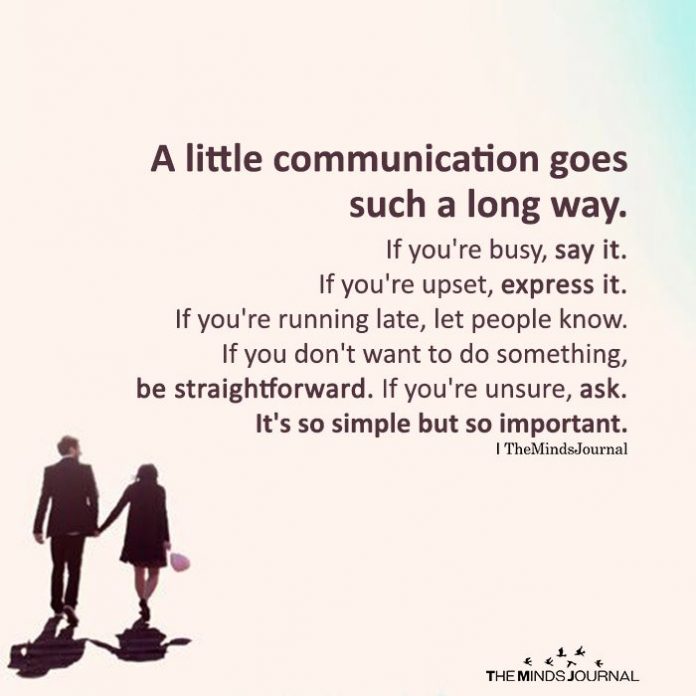
This blueprint focuses on discussing past emotional injuries, often known as triggers, that occurred prior to or during the relationship. Also called “attachment injuries” by Dr. Sue Johnson, these can create resentment from past events that have gone unresolved. These frequently involve breaches of trust.
It is crucial to avoid being negative when discussing triggers. You both need to speak calmly and understand that both of your viewpoints are valid, even if you disagree. The goals are to gain comprehension of each other’s perspectives and to acknowledge that regrettable incidents are inevitable in long-term relationships.
There are five primary components to a discussion about an emotional injury. A couple should focus on describing how they feel, expressing their individual personal realities, exploring any underlying triggers, taking responsibility and apologizing, and forming productive plans for healing.
Tips to effectively navigate Blueprint 2:
1. Offer a genuine apology to your partner regardless of your agreement or disagreement with their perspective. Focus only on the fact that you hurt your partner and that you need to take responsibility.
2. Verbalize what you can take responsibility for, as well as any other factors that played into you getting caught up in the fight. For example, “I was too harsh when I spoke to you” or “I was stressed all day and took it out on you.”
3. Ask your partner what he or she needs from you to heal and move forward. Be sure to follow through on the request.
Read Transforming Criticism into Wishes: A Recipe for Successful Conflict
Conflict Blueprint 3: Gridlock And Dialogue
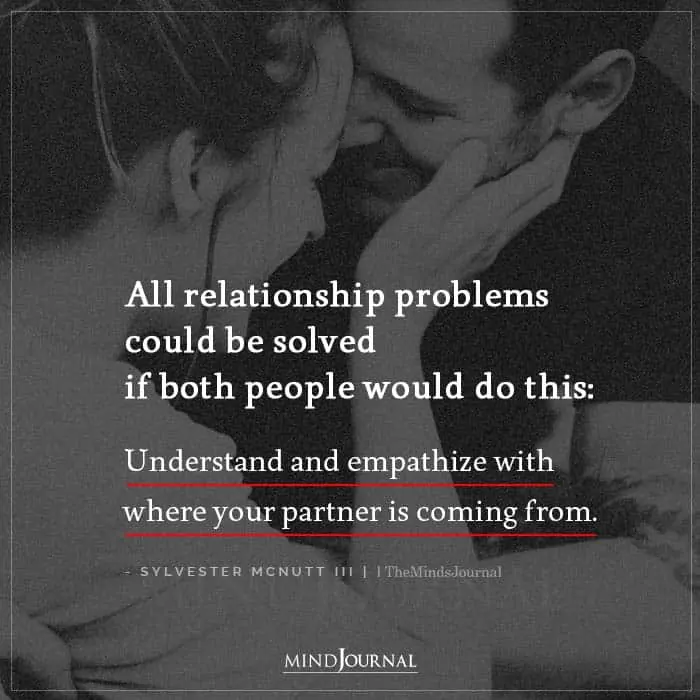
Couples are often either “gridlocked” or “in dialogue” on their perpetual problems, and research suggests that these problems concern personality differences or core fundamental needs. Being in dialogue, the preferred status, is when the couple has learned to accept their differences on that topic even though minor arguments arise occasionally. Overall, the couple has made peace on the issue and they agree to disagree.
Moving from gridlock to dialogue involves examining the meaning and dreams that form the basis for each partner’s steadfast perspective. Each partner may be able to find a way to honor their partner’s dreams, which often amounts to fulfilling a core need regarding the issue at stake.
Those couples who successfully navigate a recurring problem in their relationship have learned to express acceptance of their partner’s personality, and they can talk about and appreciate the underlying meaning of each other’s position on the issue.
Tips to effectively navigate Blueprint 3:
1. Take turns speaking and listening. As the speaker, you should communicate clearly and honestly. Where does your perspective or position on the issue come from, and what does it symbolize for you? What kinds of lifelong dreams or core issues are at stake for you?
2. As the listener, you must create a safe space for the speaker. No judging or arguing, and don’t give advice or try to solve the problem. Show genuine interest in what your partner is telling you, and allow them enough time and space to fully communicate their concerns. Ask questions so that you can both fully explore the issue and its related meaning.
3. Find ways to create small compromises that can pave the way to larger plans. If your dreams differ, try to find areas where they overlap or try to make plans to give each partner’s dreams a chance to grow and become reality.
Read How to Make Repair Attempts So Your Partner Feels Loved
All relationships have perpetual problems that crop up throughout your lives as a couple. Psychologist Dan Wile once said that “when choosing a long-term partner, you will inevitably be choosing a particular set of unresolvable problems.” No one escapes this fact. Fortunately, we have real science that helps couples learn how to manage such conflicts and keep their love alive and well.
Written by Dr. Marni Feuerman, LCSW, LMFT
Originally appeared in The Gottman Institute
Every relationship has fights and conflicts, but if that should not be the defining factor in any way. Never let your ego control your behavior, and always choose to focus on love. As long as you are transparent towards your partner, and show them a lot of love, you will be able to manage and resolve every conflict there is.
“When you have a conflict, that means that there are truths that have to be addressed on each side of the conflict. And when you have a conflict, then it’s an educational process to try to resolve the conflict. And to resolve that, you have to get people on both sides of the conflict involved so that they can dialogue.” – Dolores Huerta
If you want to know more about the blueprints for managing and resolving conflicts in your relationships, then check out this video below:
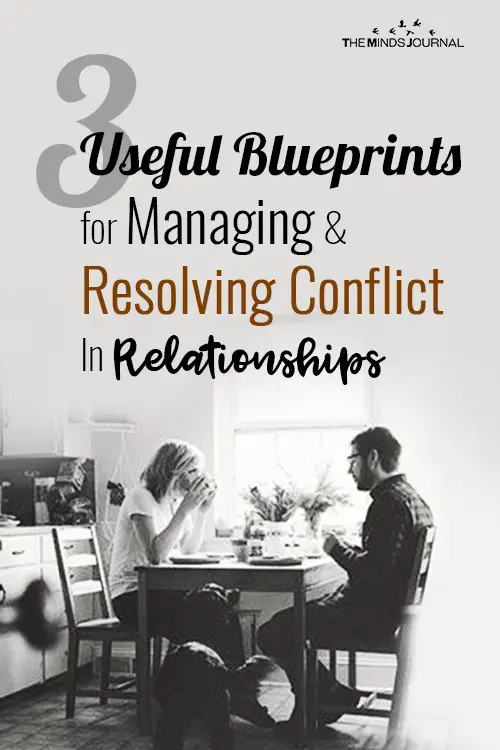
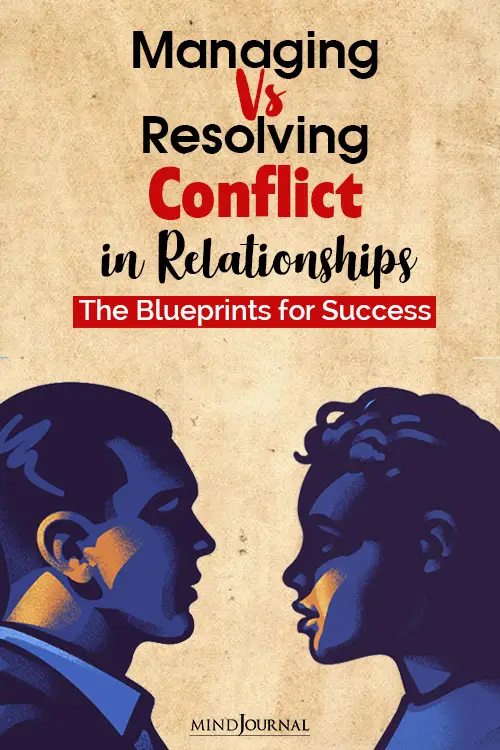
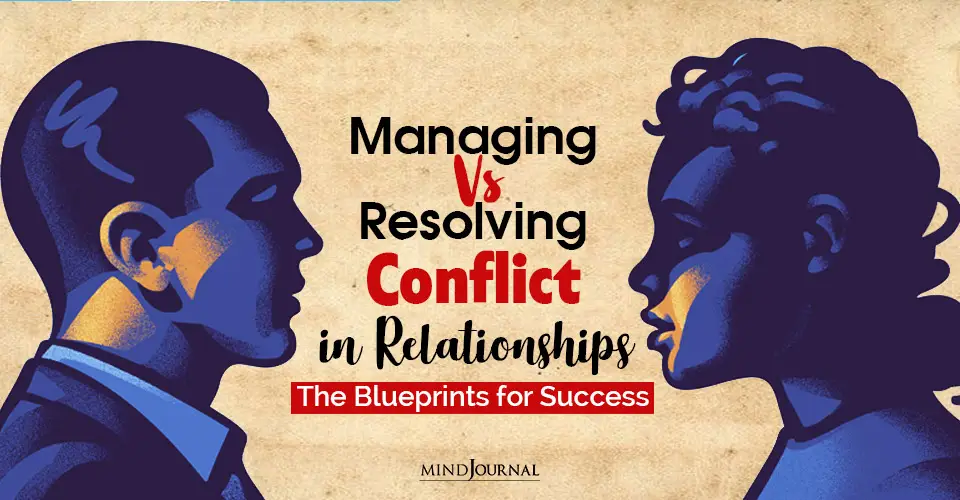







Leave a Reply
You must be logged in to post a comment.